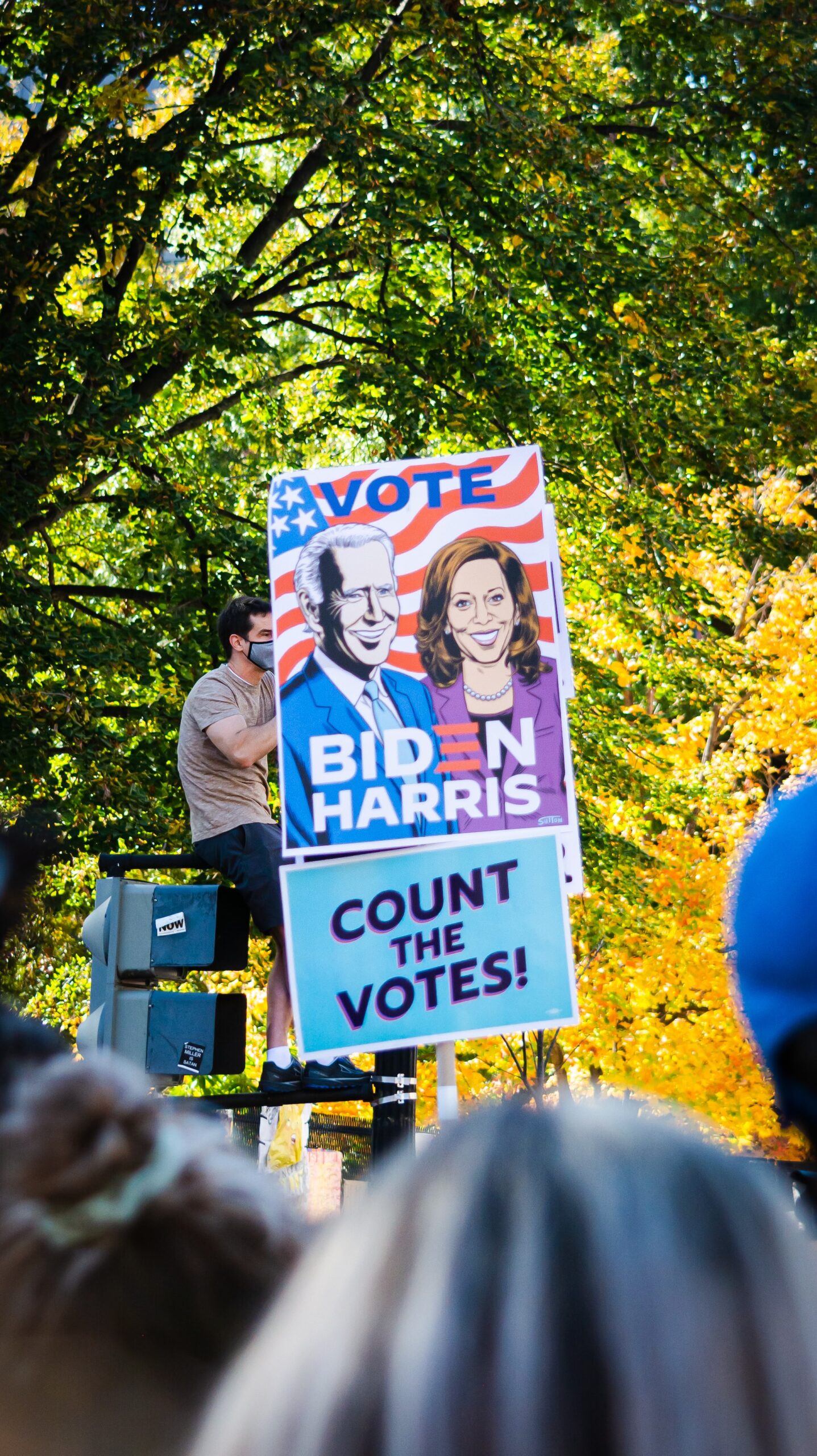Why culture shapes how we perceive aging
Culture plays a huge role in shaping how we see aging, and this influence runs deep into our beliefs, attitudes, and behaviors toward older adults. Different cultures have very different ways of understanding what it means to grow old, which affects everything from how elderly people are treated to how they view themselves.
In some cultures, aging is seen as a natural and positive part of life. Older adults are respected for their wisdom and experience. They often hold important roles within families and communities because their knowledge is valued. This respect can lead to older people feeling more included and appreciated as they age.
On the other hand, some societies view aging more negatively—as a decline or loss of ability. In these places, youthfulness might be highly prized while old age is associated with weakness or irrelevance. This can cause older individuals to feel marginalized or excluded from social activities or economic opportunities.
Gender also intersects with cultural views on aging in complex ways. For example, women often face both ageism and sexism simultaneously because societal beauty standards emphasize youthfulness especially for women. Older women may experience discrimination not only because of their age but also due to expectations about appearance that differ from those placed on men.
How people define themselves as they grow older depends heavily on cultural norms about roles and identity too. Some theories suggest that even though bodies change with age, many individuals continue seeing themselves much like they did when younger—holding onto core parts of their personality despite shifting social roles around them.
Moreover, cultural ideas about aging influence health behaviors among the elderly population. If a culture promotes positive images of growing old—like viewing it as an opportunity for continued growth—it encourages preventive health actions that help maintain well-being longer into life.
Ultimately, culture shapes whether we see aging as something valuable or something to fear; whether elders are honored guides us in building societies where all ages can thrive together rather than pushing aside those who have lived longer lives.





